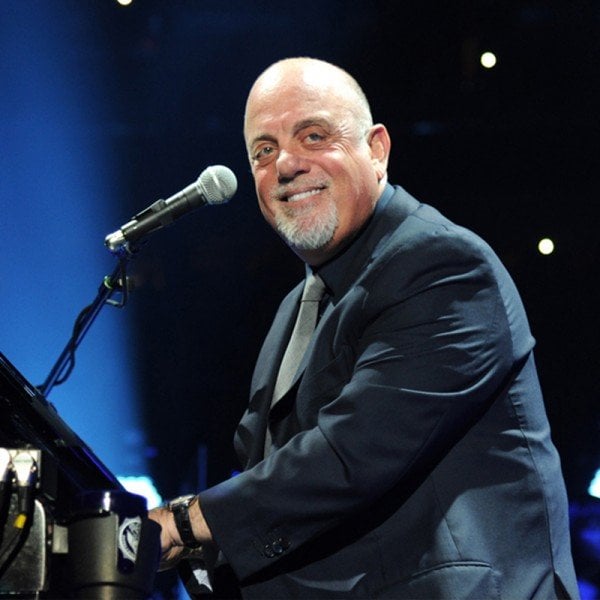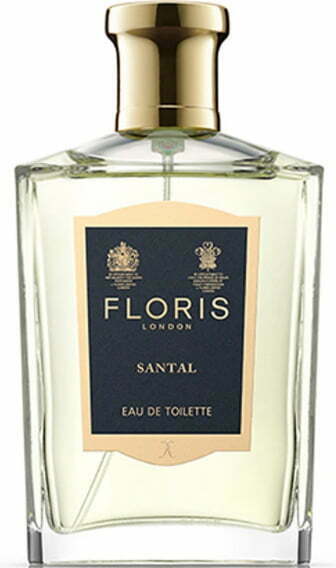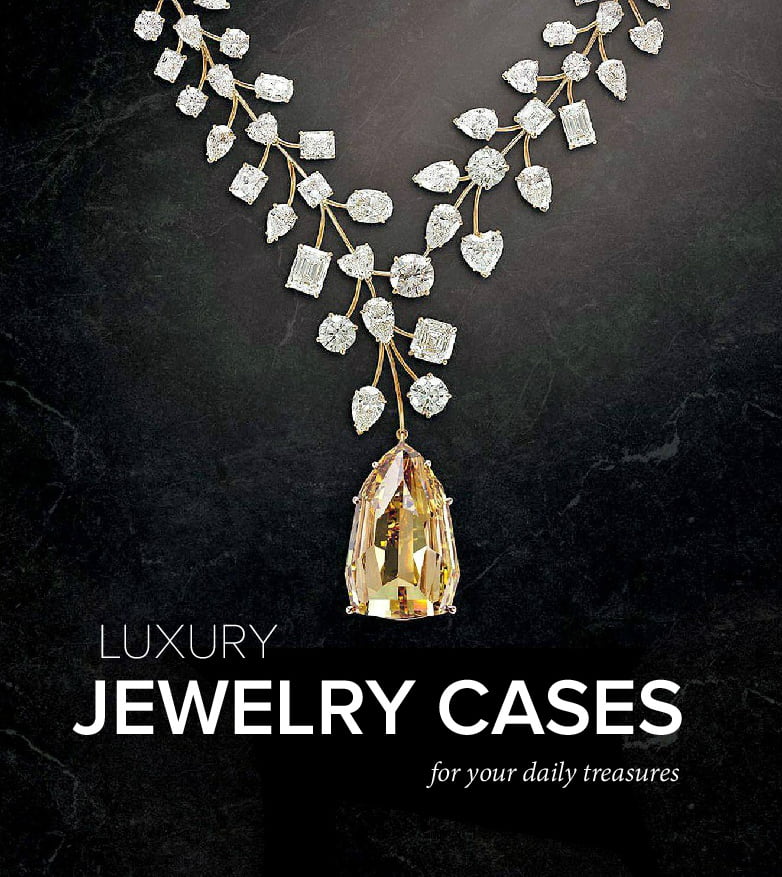BILLY JOEL

William Martin Joel (born May 9, 1949) is an American singer, pianist, and songwriter. Commonly nicknamed the “Piano Man” after his signature 1973 song of the same name, Joel has had a successful music career as a solo artist since the 1970s. From 1971 to 1993, he released twelve studio albums that spanned the genres of pop and rock music, and in 2001 released an album of classical music compositions. Joel is one of the world’s best-selling music artists; and the fourth-best-selling solo artist in the United States, with over 160 million records sold worldwide. His 1985 compilation album, Greatest Hits – Volume I & Volume II, is one of the best-selling albums in the United States.
Born in New York City, in the Bronx, Joel grew up on Long Island. Growing up, he took piano lessons at his mother’s insistence. After dropping out of high school to pursue a music career, Joel took part in two short-lived bands, The Hassles and Attila, before signing a record deal with Family Productions and starting off a solo career in 1971 with his first release Cold Spring Harbor. In 1972, Joel caught the attention of Columbia Records after a live radio performance of the song “Captain Jack” became popular in Philadelphia, prompting him to sign a new record deal with the company and release his second album, Piano Man, in 1973. After Streetlife Serenade and Turnstiles in 1974 and 1976 respectively, Joel released his critical and commercial breakthrough album, The Stranger, in 1977. This album became Columbia’s bestselling release, selling over 10 million copies and spawning several hit singles, including “Just the Way You Are”, “Movin’ Out (Anthony’s Song)”, “Only the Good Die Young”, and “She’s Always a Woman”; the album also contains the popular album tracks “Scenes from an Italian Restaurant”, Joel’s favorite of his own songs which has become a firm staple of his live shows,[10] and “Vienna”, also one of Joel’s personal favorites and nowadays one of his most streamed songs on the internet.
Joel’s next album, 52nd Street, was released in 1978 and it soon became his first album to peak at No.1 on the Billboard 200 chart. Joel released his seventh studio album, Glass Houses, in 1980 in an attempt to further establish himself as a rock artist; this release featured “It’s Still Rock and Roll to Me” (Joel’s first single to top the Billboard Hot 100 chart), “You May Be Right”, “Don’t Ask Me Why”, and “Sometimes a Fantasy”. His next album, The Nylon Curtain, was released in 1982, and stemmed from a desire to create more lyrically and melodically ambitious music. An Innocent Man, released in 1983, served as a homage to genres of music which Joel had grown up with in the 1950s, such as rhythm and blues and doo-wop; this release featured “Tell Her About It”, “Uptown Girl” and “The Longest Time”, three of his best-known songs. After The Bridge and Storm Front in 1986 and 1989 respectively, Joel released his twelfth studio album, River of Dreams, in 1993. He went on to release Fantasies and Delusions, a 2001 album featuring classical compositions composed by Joel and performed by British-Korean pianist Richard Hyung-ki Joo. Joel provided voiceover work in 1988 for the Disney animated film Oliver & Company, in which he played the character Dodger with his song, “Why Should I Worry?”, and contributed to the soundtracks to several different films, including Easy Money, Ruthless People, and Honeymoon in Vegas.
Across the years of his solo career, Joel produced 33 self-penned Top 40 hits in the U.S.,[14] three of which (“It’s Still Rock and Roll to Me”, “Tell Her About It”, and “We Didn’t Start the Fire”) reached the top of the Billboard Hot 100 charts. Joel has been nominated for 23 Grammy Awards, winning 6 of them, including Album of the Year for 52nd Street. Joel was inducted into the Songwriters Hall of Fame (1992), the Rock and Roll Hall of Fame (1999), and the Long Island Music Hall of Fame (2006). In 2001, Joel received the Johnny Mercer Award from the Songwriters Hall of Fame. In 2013, Joel received the Kennedy Center Honors for influencing American culture through the arts. Since the advent of his solo career, Joel has had a successful touring career, holding live performances across the globe. In 1987, he became one of the first artists to hold a rock tour in the Soviet Union following the country’s alleviation of the ban on rock music. Though Joel has not released a studio album since 2001’s classical Fantasies & Delusions, he continues to occasionally tour or perform one-off concerts.
William Martin Joel was born on May 9, 1949, in the Bronx, New York. When he was one year old, his family moved to the Long Island suburb of Hicksville, in the town of Oyster Bay, where he and his cousin Judy, whom his parents adopted, were raised in a section of Levitt homes.
Joel’s father, Howard (born Helmut) Joel (1923–2011), a classical pianist and businessman, was born in Nuremberg, Germany, to a Jewish family, the son of merchant and manufacturer Karl Amson Joel, and educated in Switzerland. His father had created a highly successful mail-order textile business, Joel Macht Fabrik. To escape the Nazi regime, Howard’s family emigrated to Switzerland. His father sold his business at a fraction of its value to emigrate. The family reached the United States via Cuba, because immigration quotas for German Jews prevented direct immigration at the time. In the United States, Howard became an engineer but always loved music. Joel’s mother, Rosalind (1922–2014), was born in Brooklyn, New York, to Jewish parents, Philip and Rebecca Nyman, who emigrated from England.
Joel’s parents met in the late 1930s at City College of New York at a Gilbert and Sullivan performance. He has said that neither of his parents had talked much about World War II, which were such dark years; it was not until later that Joel learned more about his father’s family. After Rosalind and Howard Joel divorced in 1957, Howard returned to Europe, as he had never liked the United States, considering the people uneducated and materialistic. He settled in Vienna, Austria, and later remarried. Joel has a half-brother, Alexander Joel, born to his father in Europe, who became a classical conductor there. Alexander Joel was the chief musical director of the Staatstheater Braunschweig from 2001 to 2014.
Joel reluctantly began piano lessons at age four at his mother’s insistence. His teachers included the noted American pianist Morton Estrin and musician Timothy Ford. Joel says that he is a better organist than pianist. As a teenager, Joel took up boxing so he could defend himself. He boxed successfully on the amateur Golden Gloves circuit for a short time, winning 22 bouts, but abandoned the sport shortly after his nose was broken in his 24th boxing match.
Although Joel’s parents were Jewish, he was not raised in the religion, adding “My parents were both from Jewish families. I was not brought up Jewish in any religious way. My circumcision was as Jewish as they got.” He attended a Roman Catholic church with friends. At age 11, he was baptized in a Church of Christ in Hicksville. He now identifies as an atheist.
Joel attended Hicksville High School until 1967, but did not graduate with his class. He was playing at a piano bar to help support himself, his mother and sister, and missed a crucial English exam after playing a late-night gig at a piano bar the evening before. Although Joel was a comparatively strong student, at the end of his senior year he did not have enough credits to graduate. Rather than attend summer school to earn his diploma, Joel decided to begin a career in music: “I told them, ‘To hell with it. If I’m not going to Columbia University, I’m going to Columbia Records, and you don’t need a high school diploma over there’.” In 1992, he submitted essays to the school board in lieu of the missed exam. They were accepted, and he was awarded his diploma at Hicksville High’s annual graduation ceremony 25 years after leaving.
Influenced by early rock and roll and rhythm and blues artists, including groups such as The Beatles, The Everly Brothers and Elvis Presley, Joel favored tightly structured pop melodies and down-to-earth songwriting. After seeing The Beatles on The Ed Sullivan Show, Joel decided to pursue a career in music. In an interview he said of the group’s effect on him:
That one performance changed my life … Up to that moment I’d never considered playing rock as a career. And when I saw four guys who didn’t look like they’d come out of the Hollywood star mill, who played their own songs and instruments, and especially because you could see this look in John Lennon’s face—and he looked like he was always saying: ‘F— you!’—I said: ‘I know these guys, I can relate to these guys, I am these guys. This is what I’m going to do—play in a rock band’.
At age 16, Joel joined the Echoes, a group that specialized in British Invasion covers. The Echoes began recording in 1965. Joel played piano on several records released through Kama Sutra Productions and on recordings produced by Shadow Morton. Joel played on a demo version of “Leader of the Pack”, which became a major hit for the Shangri-Las. Joel states that in 1964 he played on a recording of the Shangri-Las’ “Remember (Walking in the Sand)” but he is unaware of whether he played on the demo or master version. The released single included a co-producer credit for Artie Ripp, who later was the first to sign and produce Joel as a solo artist after Michael Lang, who had given Joel a monetary advance, passed Joel along to Ripp to focus his attentions elsewhere.
In late 1965, the Echoes changed their name to the Emeralds, and then to the Lost Souls. Joel left the band in 1967 to join the Hassles, a Long Island group that had signed with United Artists Records. Over the next year and a half, they released four singles and two albums (The Hassles and Hour of the Wolf). All were commercial failures. Joel and drummer Jon Small left the Hassles in 1969 to form the duo Attila, releasing an eponymous debut album in July 1970. The duo disbanded the following October when Joel began an affair with Small’s wife, Elizabeth. The pair later married.













